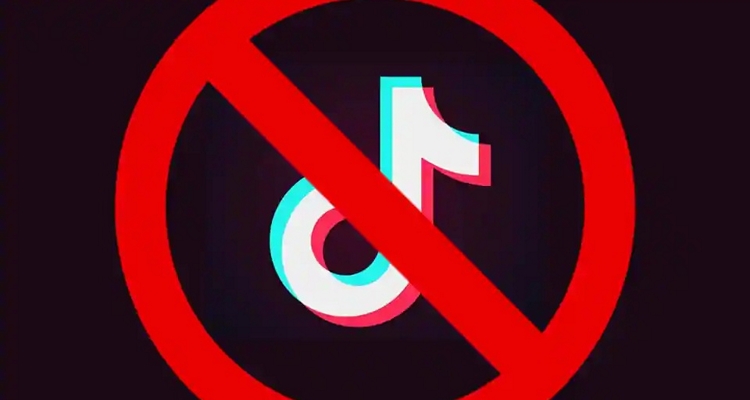Following a Chinese spy balloon’s much-publicized entry into U.S. airspace – and amid continued talks of a possible TikTok ban in the U.S. – a top Justice Department official is now advising Americans against using the app.
Since arriving on the scene, TikTok has faced all manner of security-centered criticism, privacy-related lawsuits, and countrywide bans. But stateside scrutiny of the video-sharing giant – the Beijing-headquartered parent company of which is partially owned by the Chinese government – picked up dramatically late last year.
The FBI, FCC commissioners, and more than a few lawmakers have spoken about the national-security risks that the platform allegedly poses, not to mention the far-reaching role that it allegedly plays in enabling the Chinese Communist Party to mold global social trends and media to its benefit.
On top of bipartisan bans at the state level, where over 20 governors have barred the use of TikTok on government devices, both the House and the Senate have prohibited the platform. And as logic suggests that any service unsuited for use in Congress is likewise unsuited for use among the general public, a high-ranking member of the Justice Department is taking aim at TikTok.
“This leads me to the second threat that we face: the weaponization of data,” deputy attorney general Lisa Monaco said during a recent Chatham House discussion on disruptive technologies. “Personal data is of course the fuel for our adversaries, both surveillance and intelligence states. Whether it’s through traditional or corporate espionage, our adversaries are targeting troves and troves of data.
“As our intelligence community has noted, China leads the world in using surveillance and censorship to keep tabs on its population, to repress dissent, and to counter perceived threats abroad. And the Chinese government is not just hacking to gather our data. China’s doctrine of civil-military fusion means that any advance by a Chinese company with a military application must be shared with the State.
“And its national-security law requires any company doing business in China to make its data accessible to the government. So if a company is operating in China and is collecting your data, it’s a good bet that the Chinese government is accessing it,” the second-in-command Justice Department official spelled out, proceeding to emphasize the point’s particular significance given the advent of artificial intelligence.
Later during the hour-long event, Monaco directly addressed TikTok, making clear her position that Americans shouldn’t use the app.
“I spoke in my remarks about the perils of Chinese companies being subject to Chinese national-security laws – and American companies, any company doing business in China, for that matter, is subject to China’s national-security law, which requires [the] turning over of data to the State. There is a reason we need to be very concerned. … I don’t use TikTok, and I would not advise anybody to do so, because of these concerns.”
Meanwhile, ahead of his scheduled appearance before Congress, TikTok CEO Shou Zi Chew (who attended the Super Bowl) is attempting to garner support for his company from lawmakers.
This effort looks to have been mostly unsuccessful thus far, according to a piece from the Washington Post, and the relatively unknown TikTok head (who’s 40 years old and hails from Singapore) told the paper that he believes it’d “be a real shame” if users in the U.S. were unable to continue using the ultra-popular app.
Of course, said app has helped to popularize (and re-popularize) an array of songs and acts, and it’s unclear whether the music industry has digested the possibility of a full-scale ban in the States.
Notwithstanding these points and TikTok’s unprecedented reach, though, experts have predicted that users (and presumably the music space) would ultimately transition to one of the many other platforms that play brief videos on repeat.

